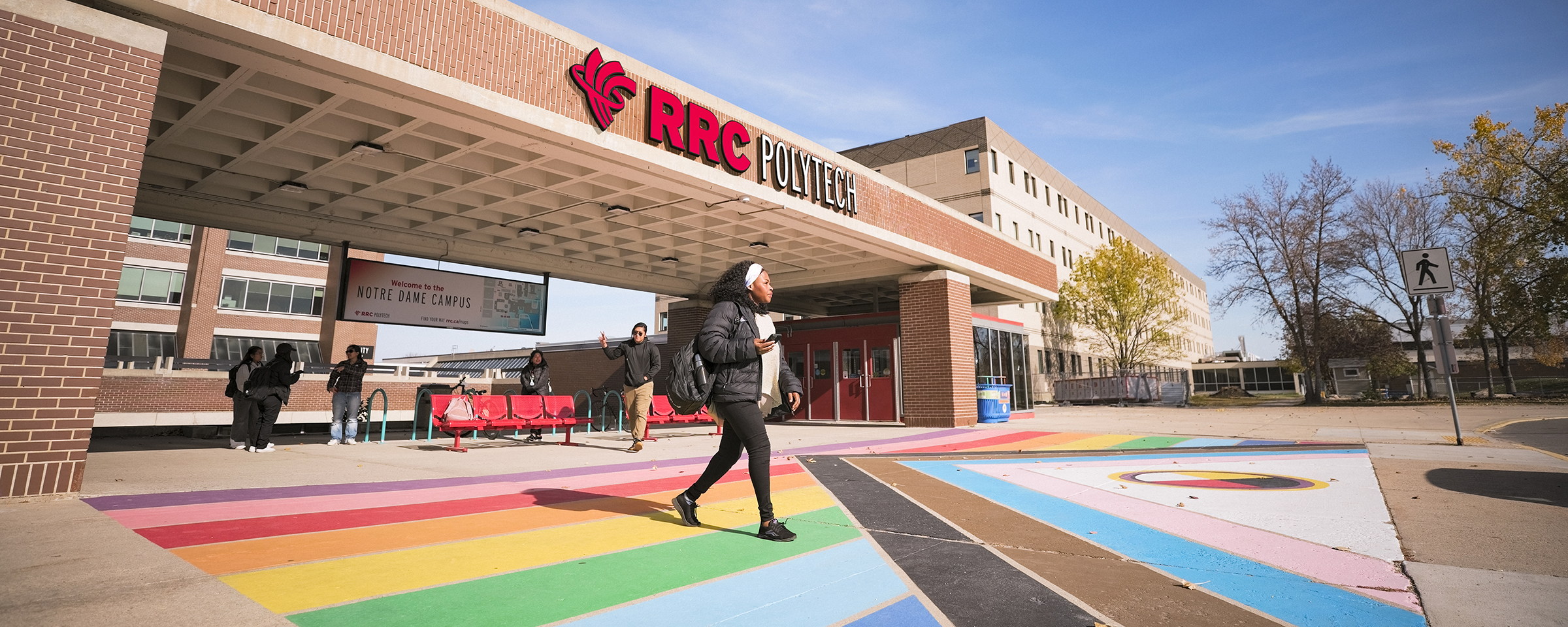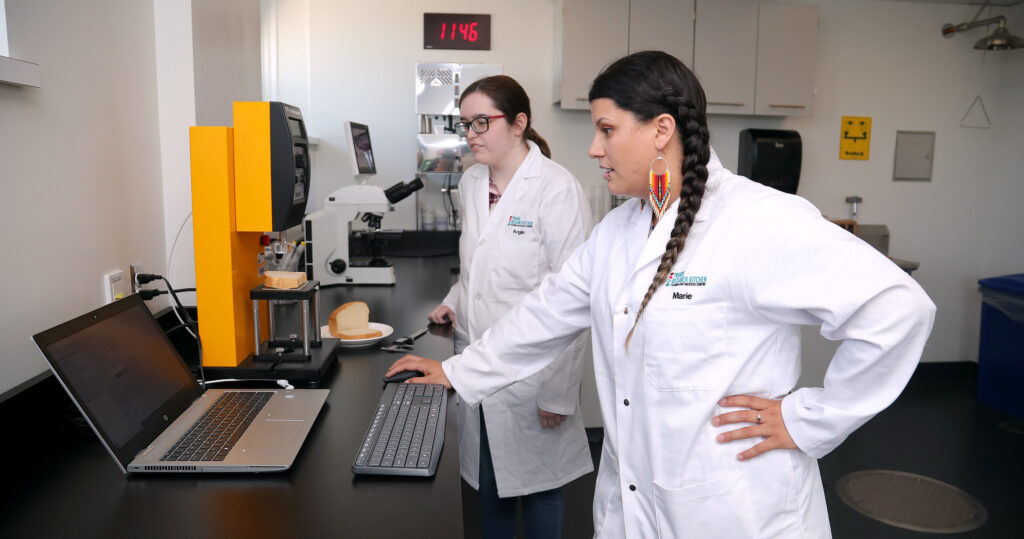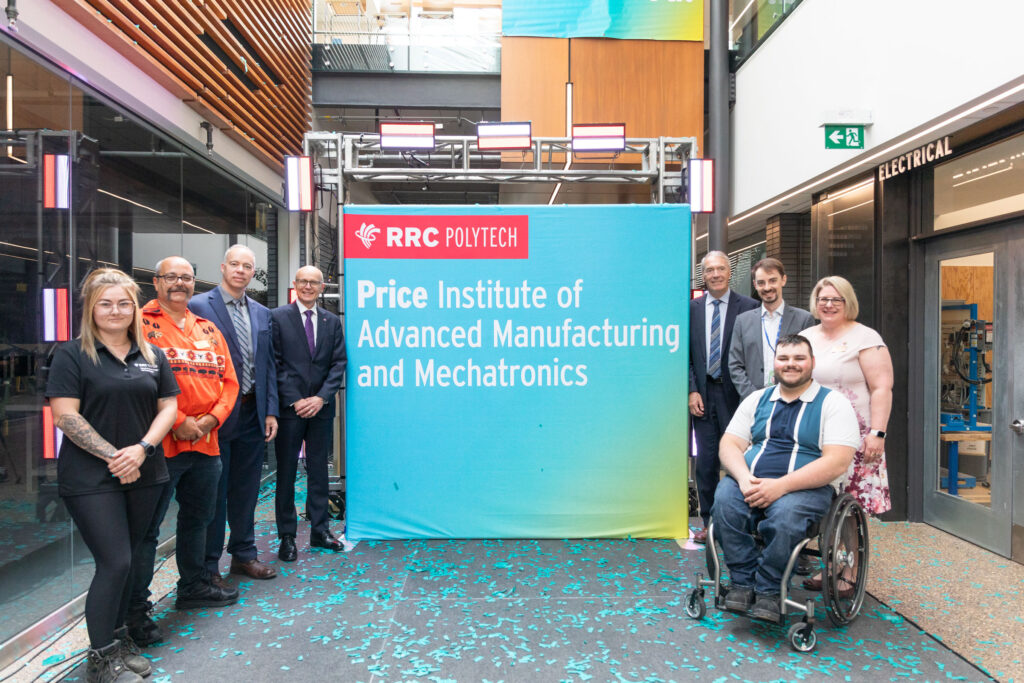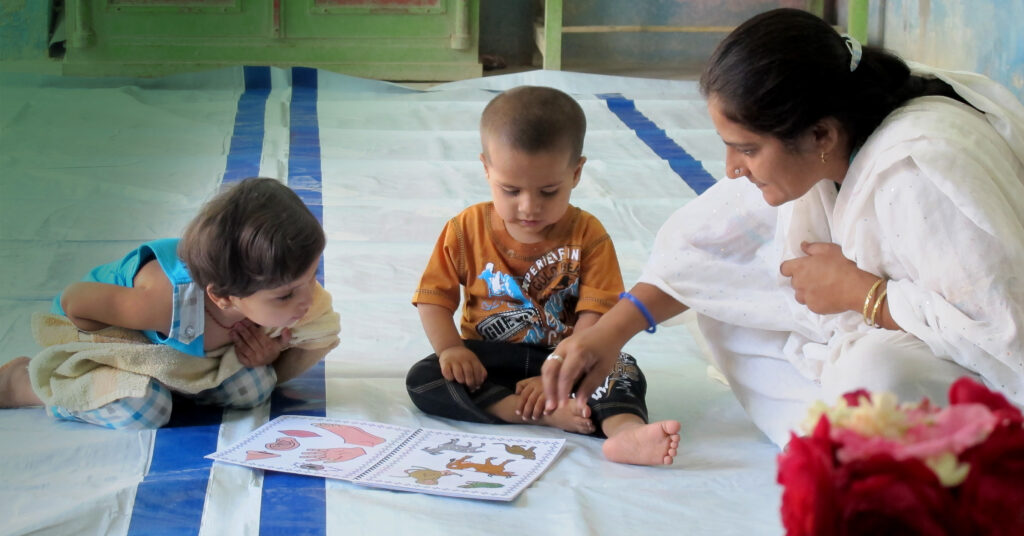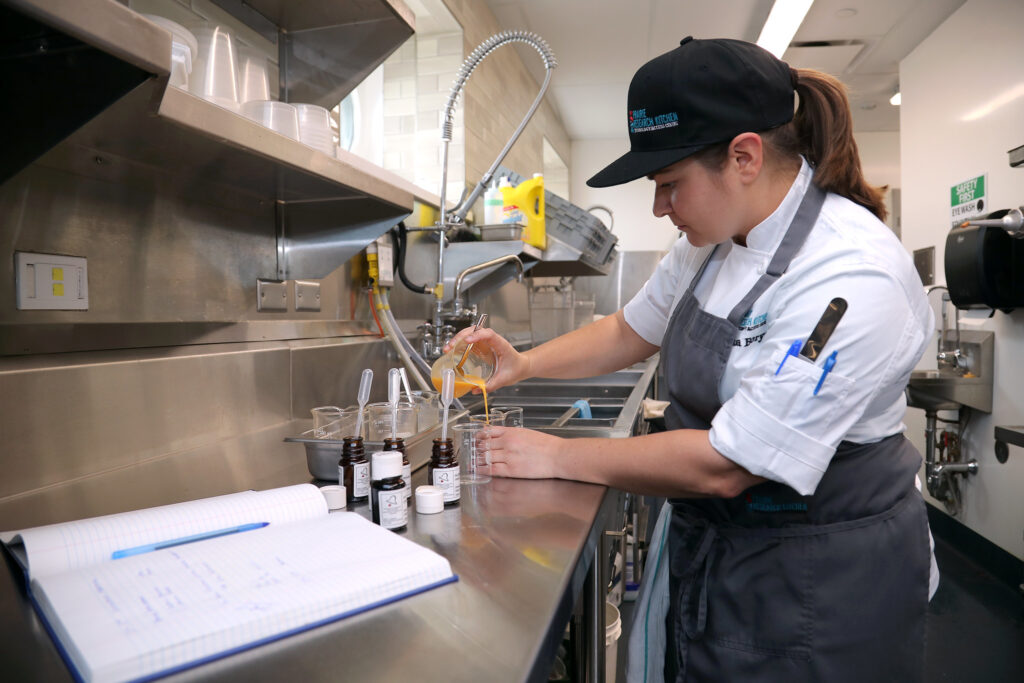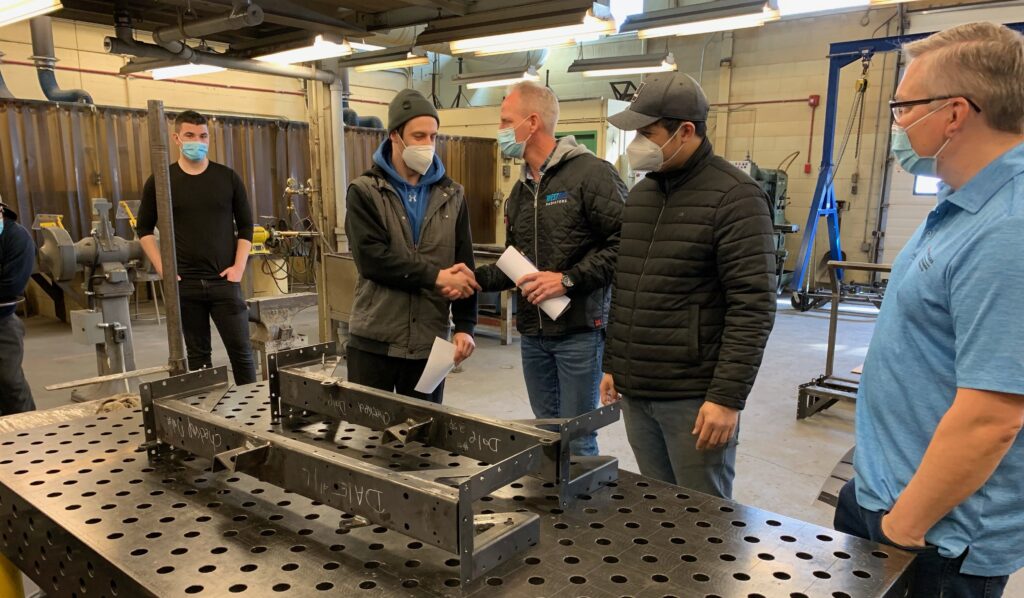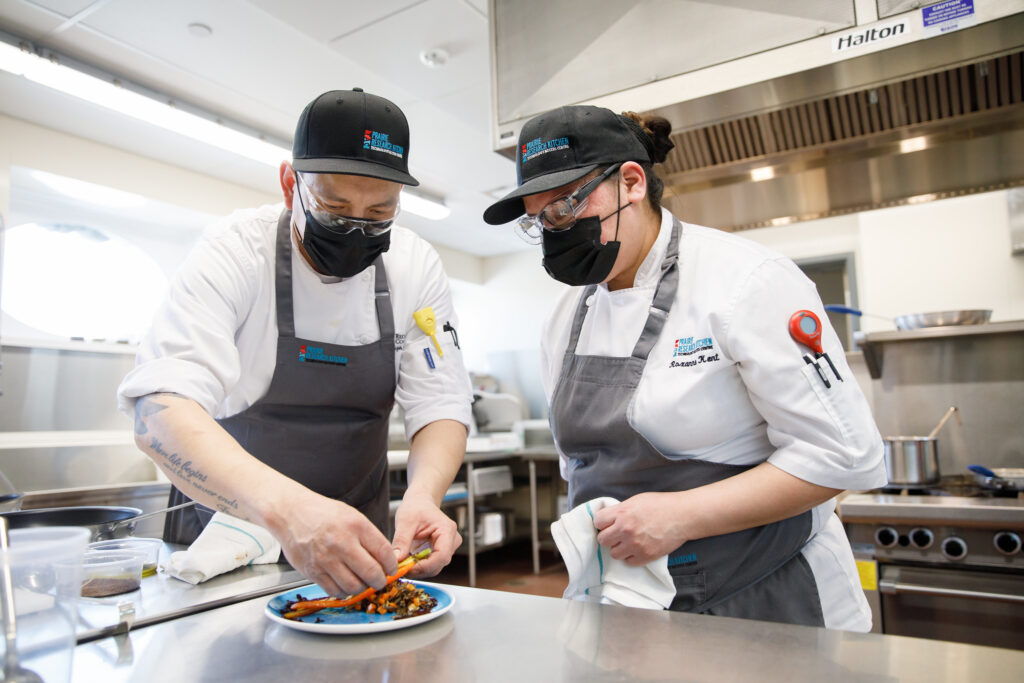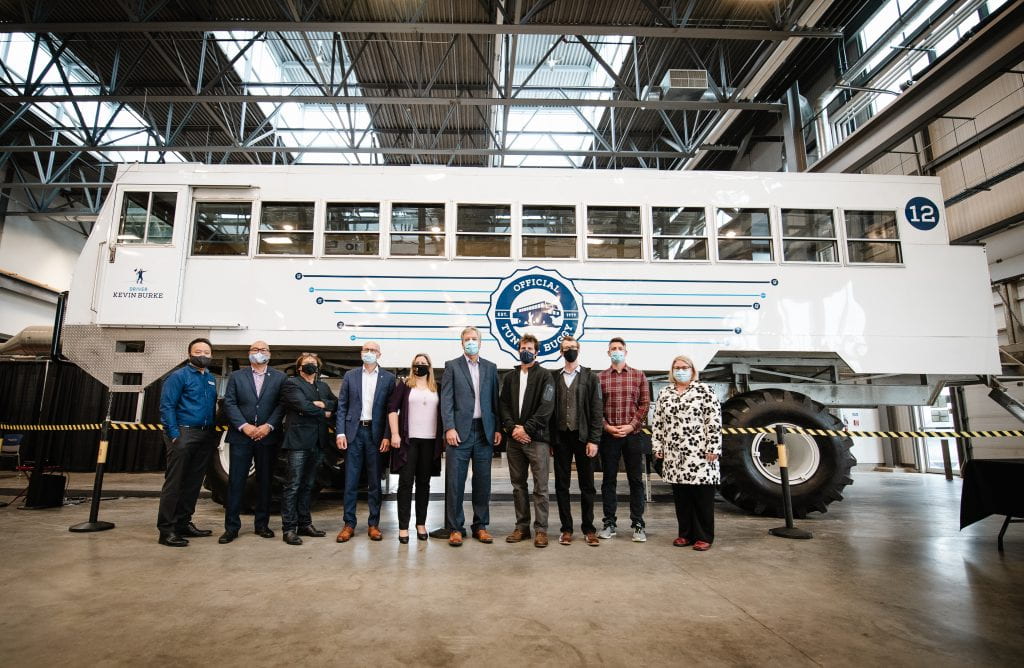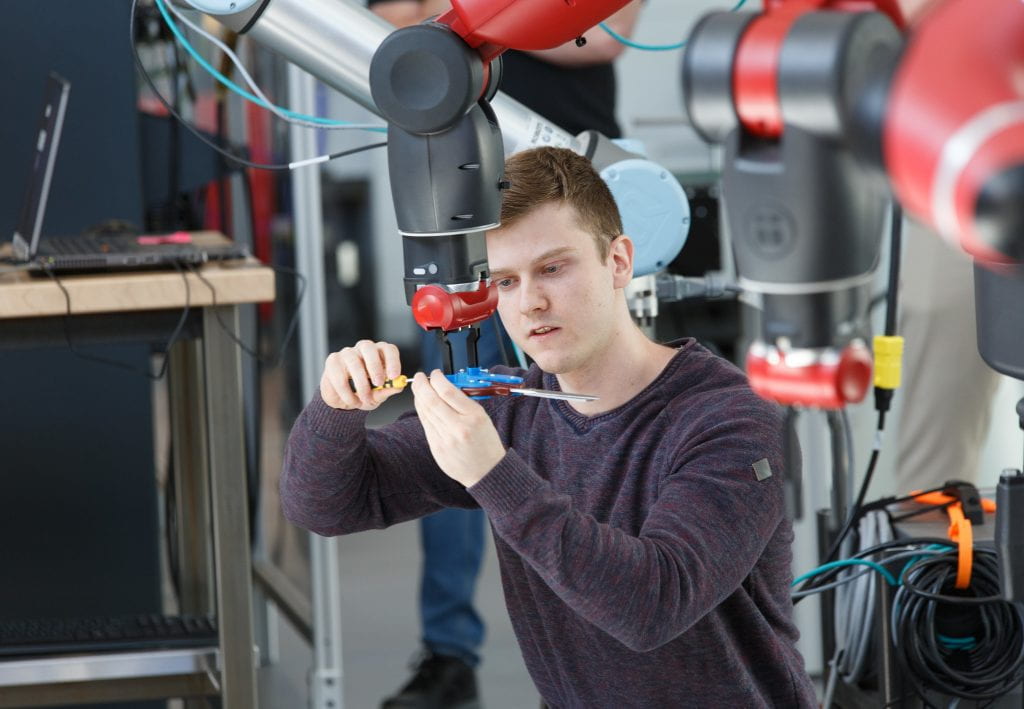RRC Polytech named one of Canada’s top research colleges
RRC Polytech is once again a top research institution in the country, earning the 14th spot in Re$earch Infosource’s annual ranking of Canada’s top 50 research colleges, released last week.
“RRC Polytech makes innovation possible for our partners in industry and community — and every successful project builds trust in our technology, facilities and expertise,” says Jamie Wilson, the College’s Vice-President, Indigenous Strategy, Research and Business Development.
“Today’s rankings reflect the College’s growing reputation for consistency and productivity, which is driven by the work of our Research Partnerships & Innovation enterprise and at our three Technology Access Centres.
“They also reinforce that our approach of strengthening relationships with partners and funders across all sectors, driving alignment between stakeholders and valuing sustainability is accelerating applied research innovation here in Manitoba.”
In the 2022 fiscal year, RRC Polytech completed 170 applied research projects via 117 research partnerships — almost 60 more than the previous year — ranking it third in the Medium Tier category and fourth nationwide.
By maintaining its average of $7.4 million for a second consecutive year, Manitoba’s polytechnic also remains on par with the per-college provincial average of sponsored research income in Alberta, and only slightly behind Ontario’s.
As an added feature to its annual publication, Canada’s Innovation Leaders 2023, Re$earch Infosource also shines a spotlight on college-industry research income as measured by grants, contracts or contributions received from industry sources over the past five years, where RRC Polytech again showed a remarkably consistent annual average of just over $7 million from 2018-2022. Read More →
